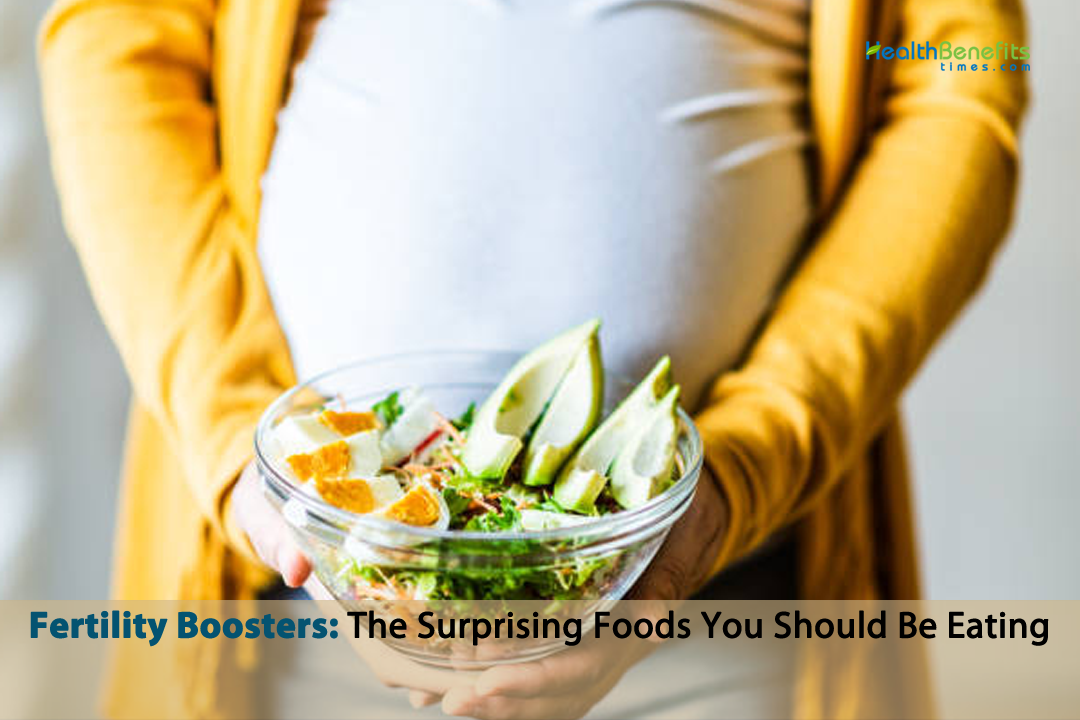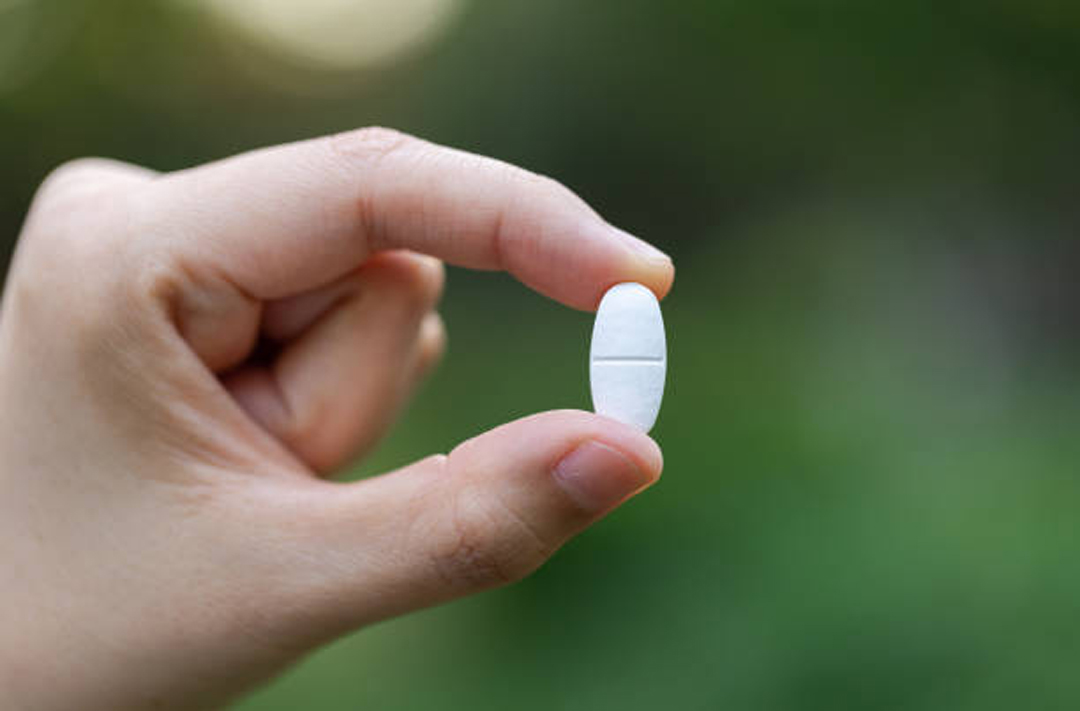
For couples struggling with infertility, natural remedies can be a valuable addition to conventional treatments. A study in Israel found that women who received intrauterine insemination (IUI) and were also treated with acupuncture and Chinese herbs were more likely to get pregnant than those who only had IUI. Natural therapies such as acupuncture and Chinese herbs can enhance blood flow to the uterus and help balance hormones. Other natural remedies to consider include royal jelly, which is rich in nutrients and can balance hormone levels, zinc and folic acid, which can improve sperm production, and Siberian ginseng, which can regulate menstrual cycles and promote embryo implantation. It’s important to consult a healthcare provider before using any natural remedies to ensure safety and suitability for individual needs.
Multifaceted strategy
Modern medicine has a lot of excellent ways to treat infertility, but many couples would rather try gentler, more natural methods before turning to these more invasive methods. In reality, there is more and more evidence that natural remedies can be used as a valuable addition to conventional treatments.
A research done in Israel in 2010 indicated that women who received intrauterine insemination (IUI) and were also treated with acupuncture and Chinese herbs (such Szechuan lovage and white peony) were far more likely to get pregnant than those who only had IUI. This may be because these natural therapies enhanced blood flow to the uterus and helped get the hormones in a better balance. Even while these solutions might not work for everyone, they can be helpful for people who want to improve their chances of getting pregnant in a more natural way. Always talk to a trained healthcare provider about your options to figure out what the best course of action is for your circumstances.
Enhancing natural conception
If you are having trouble getting pregnant, there are some natural remedies you might want to think about. But you should talk to your doctor before using any of these cures, and you should stop using them if they make you feel bad. Here are a few natural therapies to think about:
Royal jelly
The ancient Chinese employed royal jelly, a nutrient-rich material administered to bee queens to encourage egg production, as a treatment to improve human fertility. This organic compound is rich in important vitamins, minerals, amino acids, and estrogen-like hormones that may assist to balance hormone levels and enhance both male and female reproductive function. Royal jelly is thought to be safe for the majority of people to ingest in moderation, but additional research is required to demonstrate its effectiveness as a fertility treatment. But before include royal jelly in your regimen, as with any natural treatment, it’s crucial to consult your doctor to make sure it’s secure and suitable for your particular requirements.
Zinc and folic acid

Zinc is an important mineral that is needed to make testosterone and sperm, and folic acid can make it work even better. A Dutch study found that the number of sperm in men who took 66mg of zinc and 5mg of folic acid per day for 26 weeks went up by 74%. Zinc is found in oysters, lean beef, dark turkey meat, eggs, and lentils. Folic acid is found in large amounts in leafy green vegetables and entire grains. By including these items in your diet, you can be sure you’re getting the nutrients you need to keep your reproductive system healthy. But you should talk to your doctor before taking any supplements to be sure you’re taking the right amount and that it’s safe for your specific needs.
Siberian ginseng
Chinese women have been using Siberian ginseng to promote fertility for more than 2,000 years. This all-natural supplement, which is derived from plant roots, is frequently used to treat infertility brought on by the anxiety associated with attempting to conceive, which can affect both men and women. In addition, Siberian ginseng can facilitate embryo implantation and assist in menstrual cycle regulation. Numerous users of Siberian ginseng as a fertility treatment have reported success, though additional research is required to prove this. Before introducing Siberian ginseng into your regimen, as with any natural treatment, it’s crucial to consult your doctor to be sure it’s safe and suitable for your particular needs.
Chaste berry
In the Mediterranean area, the fruit of the chaste tree (Vitex agnus-castus) has been used for hundreds of years to help people get pregnant. Recent studies in Germany and the Czech Republic discovered that eating the berries can help regulate a woman’s menstrual cycle by balancing the quantities of estrogen and progesterone she makes and causing ovulation. This natural treatment has been proved to be very helpful for women whose periods don’t come on time or who have symptoms of premenstrual syndrome. (PMS). Even though additional research is needed to prove that it works, several women have said that ingesting chaste tree berries as a natural fertility treatment has helped them. As with any natural medication, you should talk to your doctor before adding chaste tree berries to your regimen to make sure it’s safe and right for your needs.
Nuts and Seeds
Sunflower and pumpkin seeds are popular sources of arginine, an important amino acid for sperm synthesis, in Chinese medicine. Men with low sperm counts can benefit most from these seeds. Peanuts and nuts, particularly Brazil nuts, which also contain the mineral selenium known to encourage the development of healthy sperm, are additional dietary sources of arginine. Men may make sure they are getting the right nutrients to support healthy sperm production by include these items in their diet. To be sure you’re getting the right dosage and that it’s safe for your particular needs, it’s crucial to see a healthcare professional before changing your diet or taking supplements.
Vitamins

Vitamin C has been discovered to raise women’s progesterone levels and cause them to ovulate. However, taking too much vitamin C can have the reverse effect and lower progesterone levels. The capacity of sperm to move (motility) may be improved by vitamin E, and this effect may be stronger if vitamin E is taken with coenzyme Q10. Vitamin B6 has also been shown to enhance the number of sperm in men and make them move around more. Men and women can support healthy reproduction by getting these vitamins through their food or from supplements. Before taking any supplements, though, you should talk to a doctor or nurse to make sure you’re taking the right amount and that it’s safe for your needs.
Raspberry leaf tea
Women in Europe, China, and the Americas have always drunk raspberry leaf tea while they were pregnant. It is thought to strengthen the uterus and bring more blood to the lining of the uterus. This could assist the embryo stick to the uterine wall and lower the risk of miscarriage. Even though additional research is needed to prove that it works, many pregnant women have said that drinking raspberry leaf tea has helped them. As with any natural treatment, it’s vital to talk to your doctor before adding raspberry leaf tea to your regimen to make sure it’s safe and right for your needs.
Ayurvedic approaches
Yoga, a healthy diet, and herbal supplements are all used in the Hindu school of medicine to cure infertility. People think that yoga can strengthen the pelvic area and enhance blood flow to the uterus, which could help with healthy reproduction. Some foods, such organic fruits and vegetables, especially asparagus and broccoli, as well as milk, rice pudding, mangoes, dates, cumin, and turmeric, are also utilized to make more sperm and help people get pregnant. People often utilize the herb gotu kola to enhance blood flow to the genital organs. Even though further research is needed to prove that these natural medicines work, many people have said that using them as part of their reproductive treatment has helped. As with any natural therapy, you should talk to your doctor before making any changes to your diet or using supplements to make sure they’re right for your needs and safe.

